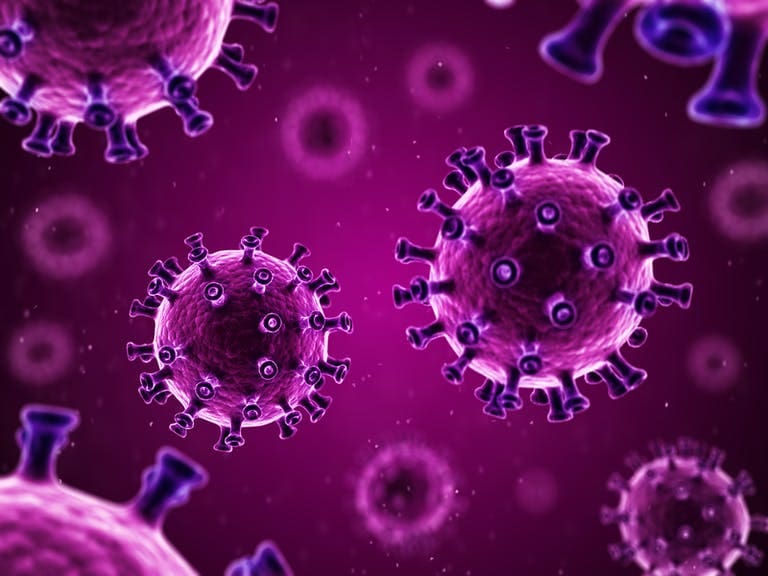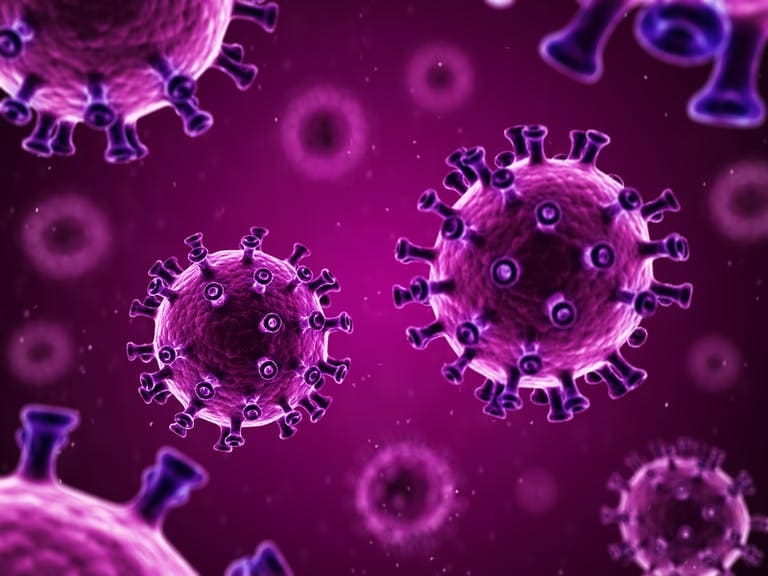The numbers of people who are fully vaccinated and still contract COVID-19 and who end up in the hospital have both been rising in Delaware.
Last week, about half of new cases were people who were fully vaccinated, and about 40% of new hospitalizations were people who had been vaccinated.
On Friday in its weekly COVID-19 wrap up report, the Delaware Division of Public Health said that of the 22,271 new COVID-19 cases reported from Jan. 3 to Jan. 9, 53% were unvaccinated or partially vaccinated.
On Aug. 20, the state said that of the 1,828 reported that week, 79% were unvaccinated or partially vaccinated.
On Friday, the state said that of the 405 people hospitalized during the week, 60 percent were unvaccinated or partially vaccinated. In August, when 106 people were hospitalized, 86% of those unvaccinated or partially vaccinated.
The state defines fully vaccinated as completing the initial two-dose series of an mRNA vaccine (Moderna or Pfizer) or single-dose of J&J, said Jennifer Brestel, spokeswoman for the Division of Public Health.
“You are still fully vaccinated after completing the initial series, and ‘up to date’ after completing recommended boosters/additional doses as eligible,” she said.
Of those who are fully vaccinated and hospitalized, 92% have not had booster shots, said Dr. Rick Hong, medical director of the Division of Public Health in an email.
In between Aug. 20 and Friday, the numbers for both new cases and hospitalizations involving the unvaccinated or not fully vaccinated generally stayed in the 70-plus range.
“We are seeing a higher percent of people hospitalized who are fully vaccinated,” Hong said. “However, individuals who have received a booster appear to be well protected against hospitalization. This is consistent with what recent studies have demonstrated with omicron, which is our predominant variant in Delaware now.”
Asked whether the rising number of cases in people who are vaccinated reflects waning immunity in vaccines or boosters, Hong pointed to a Centers of Disease Control
report that said while COVID-19 vaccines remain effective in preventing severe disease, their effectiveness at preventing infection wanes over time, especially in people ages 65 years and older.
Some national reports say that the booster shots can lose a lot of power after 10 to 12 weeks.
“The recent emergence of the Omicron variant further emphasizes the importance of vaccination, boosters and prevention efforts needed to protect against COVID-19,” Hong said.
Booster shots increase immunity, Hong said.
“With an increased immune response, people should have improved protection against getting infected with COVID-19,” Hong said. “For Pfizer-BioNTech and J&J/Janssen, clinical trials also showed that a booster shot helped prevent severe disease. In Delaware specifically, we are seeing few people who have a booster in the hospital.”
Hong also warned that the tens of thousands of Delaware residents who have been infected with the generally mild Omicron variant should not see that as a get-out-of-jail-free card that means they can do as they please.
“Yes, natural immunity is obtained but will probably not last as long as acquired immunity through vaccination,” Hong said. “It is important to note, getting COVID-19 may offer some natural protection, known as
immunity. Current evidence suggests that reinfection with the virus that causes COVID-19 is uncommon in the 90 days after initial infection.
Experts don’t know for sure how long this protection lasts, Hong said. The risk of severe illness and death from COVID-19 far outweighs any benefits of natural immunity, he said.
“Recent studies are showing an increasing amount of people who are repeat infections, especially with the omicron variant,”Hong said. “This shows natural immunity does provide some protection, but there remains a risk for reinfection. The best protection is vaccine but other mitigating strategies, like masks, are important too.”
Asked what the chances are of someone who has had COVID-19, particularly the Omicron variant, of getting COVID again, or being infected by another strain, Hong said, “We must assume if you are not taking precautions to avoid getting sick with COVID-19, the chances of contracting any strain of COVID-19 is high.”
He pointed out that Delaware mandates people to wear a mask inside public places.
“People should mask at all times when around other people to reduce the chances of them from catching any strain of COVD-19,” he said. “Viruses are constantly changing, including the virus that causes COVID-19. These changes occur over time and can lead to the emergence of variants that may have new characteristics.
“Vaccines continue to reduce a person’s risk of contracting the virus that cause COVID-19. Vaccines are highly effective against severe illness. Being up-to-date with vaccine (including boosters if eligible) will enhance protection against variants.”
Hong’s email suggested state residents review recommendations for those who have contracted COVID-19, whether or not they displayed symptoms.
They include:
-
- If you have/had symptoms:
- Isolate for 5 days:
- Day zero is the first day of symptoms.
- Day one is the first day after symptoms developed.
- You can leave isolation after five-full days if you have no symptoms and are fever-free for 24 hours without the use of medication, and your symptoms are improving (loss of taste can continue for weeks and should not delay end of isolation).
- Wear a well-fitting mask for five days after leaving isolation in home/work/around other people.
- If you have a fever continue to isolate until you are fever-free for 24 hours without the use of medication.
- People who are severely ill with COVID-19 (including those who were hospitalized or required intensive care or ventilation support) and people with compromised immune systems might need to isolate at home longer.
- If no symptoms:
- Isolate for 5 days. Day zero is the date you tested positive for COVID-19. Day one is the first full day after you took you COVID-19 test.
- You can leave isolation after five full days. You still must wear a well-fitting mask for another five days around others at home/work/around other people.





